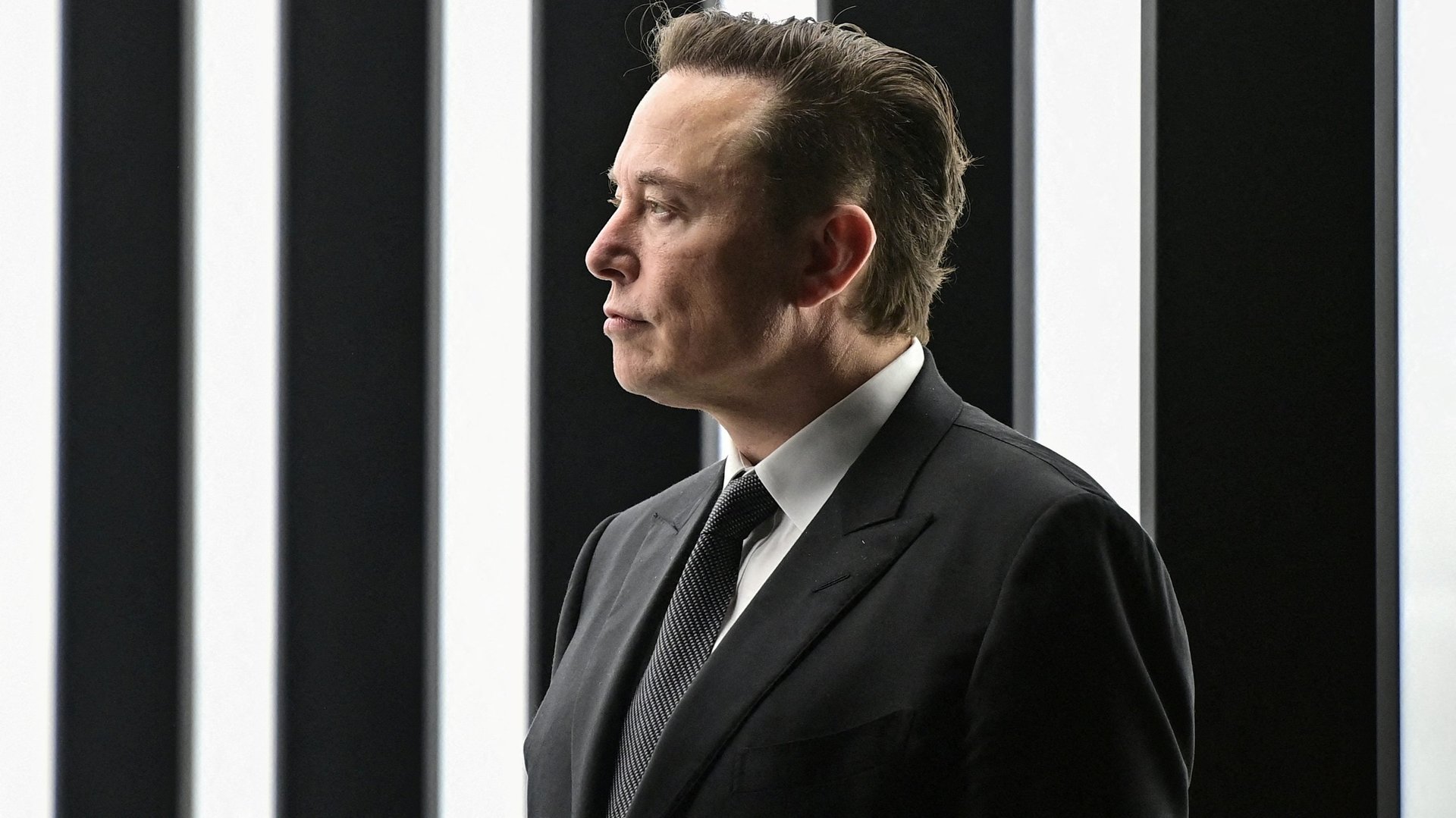The SEC won’t free Elon Musk from his “Twitter sitter”
The Securities and Exchange Commission (SEC) is pushing back on efforts by Tesla CEO Elon Musk to end a settlement with the agency that requires him to show tweets containing material business information to a company lawyer before sending them out.


The Securities and Exchange Commission (SEC) is pushing back on efforts by Tesla CEO Elon Musk to end a settlement with the agency that requires him to show tweets containing material business information to a company lawyer before sending them out.
In a court filing (pdf) earlier this month Musk’s lawyers said the SEC agreement violates Musk’s free speech. But the SEC disagrees. In a federal court document filed today (March 22) the agency said as long as Musk uses his Twitter account to give information to investors, the SEC “may legitimately investigate matters relating to Tesla’s disclosure controls and procedures, including Musk’s tweets about Tesla.”
Musk wants to do away with his “Twitter sitter”
The $40 million settlement that Musk is now seeking to terminate with the SEC was reached in 2018 after the CEO tweeted he could take the company private at $420 a share, causing Tesla’s stock price to climb by 6%. In reality, a deal was far from certain, and the SEC sued Musk for securities fraud. Tesla was also charged with failing to require disclosure controls and procedures relating to the CEO’s tweets. When both Musk and Tesla settled, part of the agreement called for “additional controls and procedures to oversee Musk’s communications.”
A lawyer at Tesla—or more informally, a “Twitter sitter”—is now responsible for monitoring and in some cases pre-approving Musk’s tweets. The SEC and Tesla have never agreed on how to enforce the 2018 settlement’s Twitter policy; Musk was accused of violating it twice last year. In the motion filed last month, Musk’s lawyers said the requirement has “no basis in the securities law,” and complained he has been subject to “one investigation after another” by the SEC.
In today’s filing, the SEC said Musk couldn’t get out of the agreements simply because he doesn’t like them, stating, “A deal is a deal.”
SEC pushes back on subpoena
While sparring with the SEC, the Tesla CEO has continued to prove adept at tweeting out market-moving information. Musk is also currently trying to shut down a subpoena requesting records related to a Twitter poll he sent out in November about selling 10% of his Tesla shares, which caused the company’s stock price to fall. He did end up selling off about 10% of his stock, likely to pay a tax bill.
Federal judge Alison Nathan previously said Musk would need a “non-frivolous basis” to quash a subpoena, and the SEC asked Nathan today to reject Musk’s efforts to do so, calling them “substantively meritless.” Musk’s lawyer hasn’t yet commented on the filing.